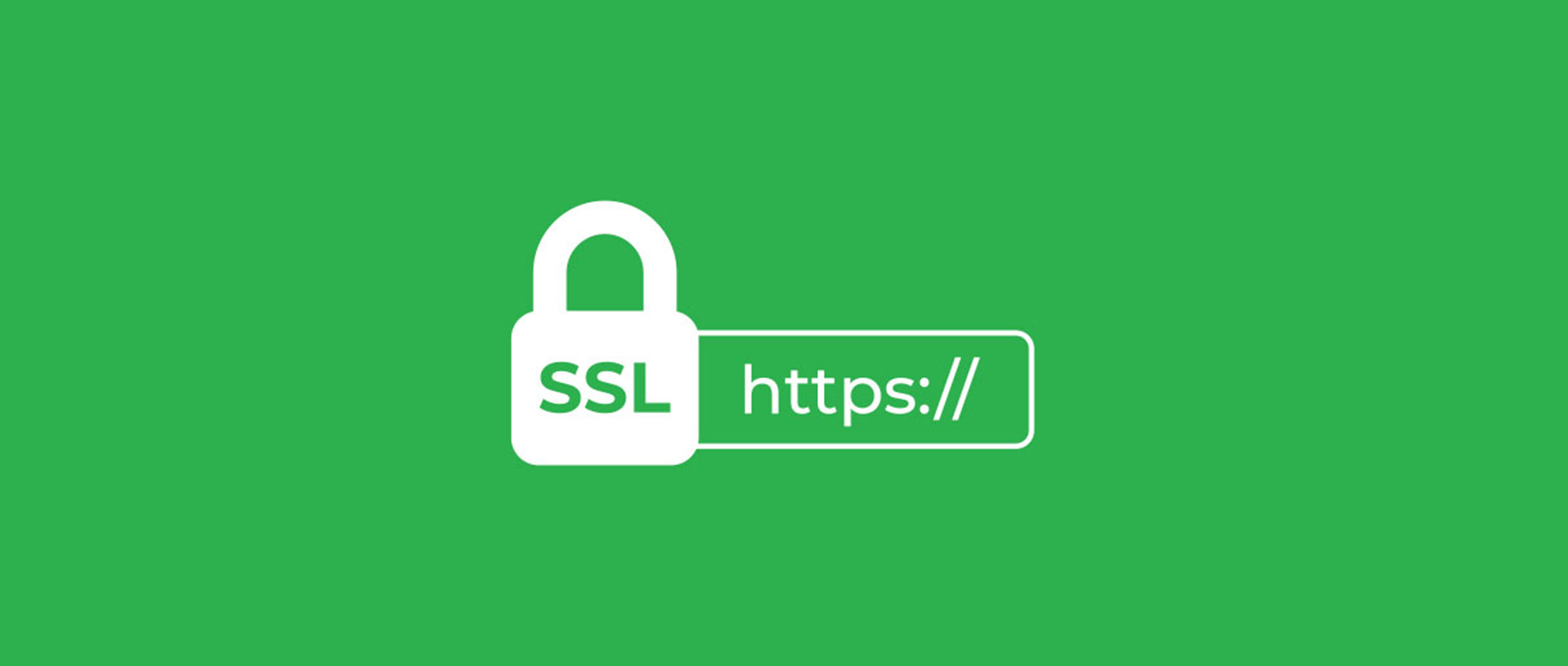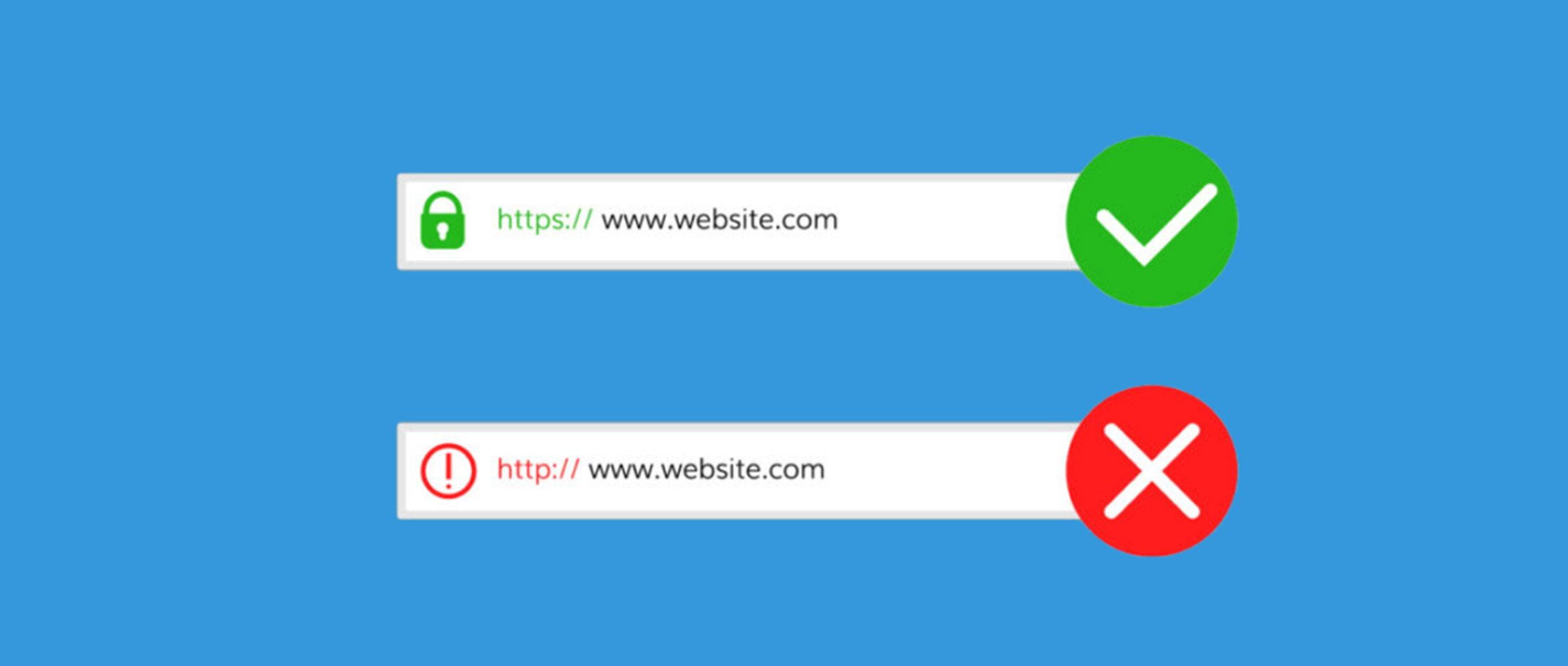The internet is a vast realm filled with information, services, and opportunities. As a visitor exploring this digital landscape, ensuring a safe and secure journey is paramount. This is where SSL certificates come into play, acting as the guardians of your online interactions. Let’s unravel the significance of SSL certificates from a visitor’s perspective.

Understanding SSL Certificates
SSL, or Secure Sockets Layer, certificates are like virtual bodyguards for websites. These digital certificates encrypt the information exchanged between your device and the website’s server. In simpler terms, they ensure that your personal data remains confidential and protected from potential cyber threats during its journey across the internet.
The Visitor's Experience: How SSL Certificates Work
Imagine you’re entering a secret code to access a hidden treasure. When you visit a website, the server presents its SSL certificate. Your browser then performs a quick check to verify the certificate’s authenticity. Once confirmed, a secure connection is established through a process called the SSL handshake. This sets the stage for encrypted data transmission, shielding your interactions with the website from prying eyes.
Secure Your Website Today with SSL Certificates from Sitesown in Erbil, Iraq!

Why Should You Care About SSL Certificates?
- Protect Your Data: SSL certificates encrypt sensitive information, such as your login credentials and personal details. This means that even if someone tries to intercept this data, it remains secure and unreadable.
- Build Trust in Your Online Journey: When you see “https://” and a padlock icon in the address bar, it’s a visual cue that your connection is secure. This builds trust and assures you that your information is in safe hands.
- Guard Against Data Tampering: SSL certificates not only encrypt data but also ensure its integrity. This protects you from potential malicious actors attempting to tamper with or inject harmful content into the communication.
- Verify the Website’s Legitimacy: SSL certificates provide authentication, verifying that you are interacting with the legitimate website and not an imposter. This authentication process is conducted by a trusted Certificate Authority (CA) during certificate issuance.
- Enjoy a Safer Online Experience: Search engines reward secure websites with higher rankings. When a website has an SSL certificate, it contributes to a safer online environment, reducing the risk of encountering phishing attacks or fraudulent websites.
- Avoid Browser Security Warnings: Major web browsers display warnings for non-secure websites. If a website lacks an SSL certificate, you might see messages like “Not Secure,” signaling potential risks. SSL certificates ensure a positive browsing experience by preventing these warnings.
How to Identify Websites with SSL Certificates
Spotting a website with an SSL certificate is easier than you might think. Look for “https://” in the URL and a padlock icon in the address bar. Some browsers go the extra mile, changing the address bar color or explicitly labeling secure sites, offering you visual reassurance.
Conclusion
As a visitor navigating the web, your safety should be a top priority. Understanding the role of SSL certificates in securing your online interactions empowers you to make informed choices. The presence of “https://” and a padlock icon is your signal that a website is committed to protecting your data. So, whether you’re logging in, making transactions, or simply exploring, let SSL certificates be your companions in ensuring a secure and enjoyable online journey.
